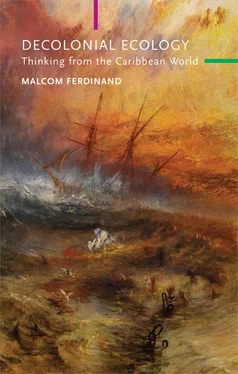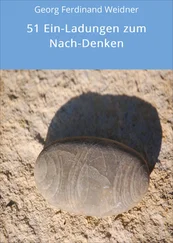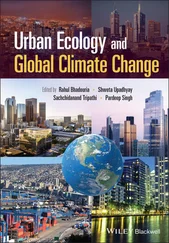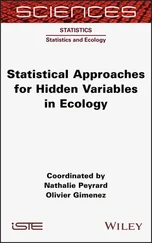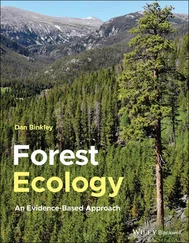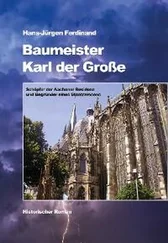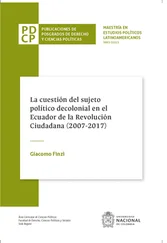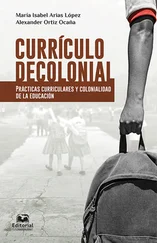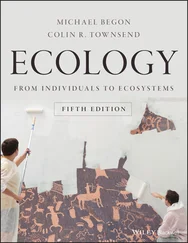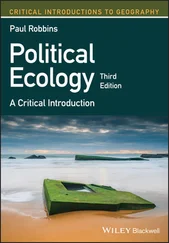In a modern world that has constantly reminded me of the inferiority of those with whom I share a Black skin, discovering that you are worthy of love, gifted with words, and capable of thinking is an incommensurable task. Alongside the poets, philosophers, activists, and artists who have guided our Maroon nights and have saved us from infinite bitterness, it was first the fruit of my family that taught me to love and to fight. Love and Fight . Thank you Malik for opening up the literary paths of the world. Thank you Youri, Sonny, Wally, Marvin, Papa Jojo, Isambert Duridveau, Tonton Joseph, Nathalie, Vanessa, Loïc, Tatie Carole, Nicolas, Laurence, Tatie Fofo, Johanne, Sandra & co. Thank you to my brother Jonathan Ferdinand, who left us far too soon, for showing me the power and intelligence of sensitivity. Finally, thank you to my father, Alex Ferdinand, for his volcanic- tchimbé rèd support and to my mother, Nadiège Noël, for her oceanic support and her victorious light over the world.
Malcom Ferdinand’s astute analyses in Decolonial Ecology moved me to reflect in myriad ways on many of my own core ideas and life experiences over the decades. I found myself thinking that this is a book I wish I could have read years ago, especially when I was attempting to grasp the interrelationalities of gender, race, and class. And even as I thought about the many ways his theoretical and methodological approach might have advanced our thinking then, I also recognized how perfectly his conceptualizations illuminate the frameworks we need for both philosophical and popular understandings of our planetary conditions today.
Whoever recognizes how entangled we are in the chaos of contemporary racial capitalism with its heteropatriarchal contours, and whoever is attempting to imagine emancipatory futures in ways that do not privilege a single component of the crisis, will greatly benefit from spending time with this remarkable text. Ferdinand calls on us to embrace holistic methods of inquiry and responses to crises grounded in the interdependencies that constitute all of us – plants, human and other animals, the soil, the ocean – while recognizing that racism has deposited white supremacy at the very heart of our notions of the human.
When I initially agreed to write a short foreword for this book, I was thinking about my first visit to Martinique in December 2019, when I learned about the devastating impact of the pesticide chlordecone on the populations of Martinique and Guadeloupe. I still feel the shock I experienced when I wondered why I had not previously known about this calamitous intersection of racial capitalism and systematic assaults on the environment, including its human expressions. Ironically, the banana plant, which chlordecone was designed to protect from weevils, is one of the few products in the food chain that has not been polluted. This is a part of the world with which I have long experienced a deep spiritual kinship through its literature – especially Aimé Césaire and Maryse Condé – and its popular visual art, as I had the good fortune of meeting Euzhan Palcy in Paris shortly after the 1983 release of La Rue Cases-Nègres [Sugar Cane Alley], and I was interested in expanding my awareness about the environmental crisis that is taking place there. As soon as I began to read Decolonial Ecology , I quickly realized that, as important as it may be to learn more about one of the world’s least recognized ecological disasters, Malcom Ferdinand’s research, in closely and complexly engaging with the conditions of the Caribbean and the Americas, radically reframes the way we have been primed to theorize and engage in active protest against assaults on the environment more broadly.
I also found myself overtaken by waves of self-criticism regarding earlier encounters with ways of understanding intersections between antiracism and environmental consciousness. Many years ago, in the immediate aftermath of my own trial and after the successful conclusion of a massive global campaign for my freedom, I helped to establish the National Alliance Against Racist and Political Repression, an organization that continued to advocate for political prisoners and to engage in popular education campaigns about the connections between state violence and structural racism. One of our leaders, now deceased, was a phenomenal organizer named Damu Smith. When he chaired the Washington, DC, chapter of the Alliance, he pushed us early on to incorporate into our efforts what we now refer to as environmental justice. We were largely concerned with contesting political repression and with identifying the persistence of white supremacy and structural racism, especially with respect to the criminal legal system. I continue to regret that we did not then reevaluate the theoretical framework we employed for the understanding of the long history of racial and political repression in the US. Certainly we acknowledged colonialism and slavery as the foundational historical oppressions that enabled the trajectories leading, for example, to the incarceration of Mumia Abu-Jamal and Leonard Peltier. But our sense of the damage spawned by colonialism and slavery was not nearly as capacious as it would have been if we had grasped the gravity of the connections Damu was urging us to make.
Eventually Damu Smith became one of the founders of the environmental justice movement, to which Malcom Ferdinand refers. On Earth Day, 2001, he spoke at a protest outside the US Capitol in Washington, DC, organized by Greenpeace:
All of us have scores of chemicals in our bodies, in our tissues, in our blood, that come from a host of polluting industries and industrial processes under way throughout the planet. Particularly in the United States and other industrialized countries, we have industries like vinyl and plastic and petrochemical industries that are emitting dangerous toxins that are harming human health and causing many people to die …. We are being poisoned and killed against our will. … While everybody on the planet is suffering from toxic contamination, there are some communities that have been targeted, who as a result of that targeting based on race and income are getting a disproportionate share of the planet’s and the nation’s pollution. People of color, African-American, Latino, Native American, Asian, and poor white folk are getting a disproportionate share of the nation’s pollution. As a result the disease and death in those communities is higher. We have got to oppose and challenge environmental racism. (April 18, 2001: Earth Day protest in Washington organized by Greenpeace)
It is also interesting to note that the term “environmental racism” was coined by Dr Benjamin Chavis, who had been imprisoned in connection with the case of the Wilmington Ten from North Carolina and was freed as a result of an international campaign, supported especially in France, spearheaded by the National Alliance Against Racist and Political Repression. In 1982, he described environmental racism as “racial discrimination in environmental policy-making, the enforcement of regulations and laws, the deliberate targeting of communities of colour for toxic waste facilities, the official sanctioning of the life-threatening presence of poisons and pollutants in our communities, and the history of excluding people of colour from the leadership of the ecology movements” ( www.weforum.org/agenda/2020/07/what-is-environmental-racism-pollution-covid-systemic/).
Environmental racism was and continues to be a crucial concept, one which advances our understandings of the strategic location of dumps and toxic waste sites and other practices that devalue the lives of Black, indigenous and Latinx people. Ferdinand’s work, however, unmasks the logic that impels us to conceptualize assaults on the environment and racist violence as discontinuous and in need of a kind of articulation that preserves the discreteness of the two phenomena to the extent that, when we bring them together in the concept of environmental racism, we tend to misapprehend their deep and fundamental interrelatedness. He asks us not only to acknowledge the part that racism plays in defining who is more vulnerable to environmental pollution but also – and more fundamentally – how racism, and specifically colonialism and slavery, helped to construct a world grounded on environmental destruction. In other words, the racism does not simply enter the picture as a factor determining the way environmental hazards are disparately experienced by human beings but, rather, it creates the very conditions of possibility for sustained assaults on the environment, including on the human and non-human animals, whose lives are always already devalued by racism, patriarchy, and speciesism.
Читать дальше
